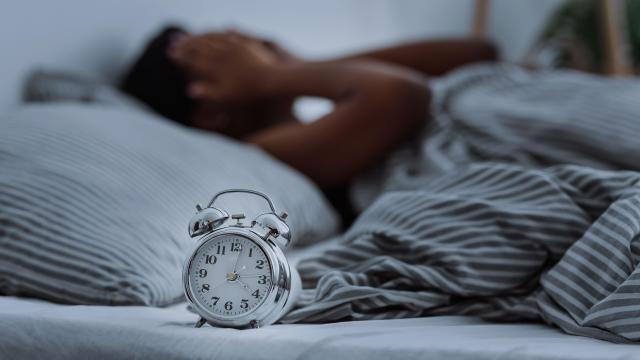Although humans do not hibernate, a recent study indicates that we may require more sleep in the winter.
According to a review of participants in sleep studies, people experience more REM (rapid eye movement) sleep in the winter.
The researchers claim that if their findings are confirmed in healthy sleepers, it would be the first concrete proof that seasonal changes in sleep patterns, such as earlier bedtimes during the dimmer and colder months, are necessary.
People may dream while they are in REM sleep when brain activity is increased.
Three non-REM sleep stages, followed by one brief REM stage, make up a typical sleep cycle.
In general, societies need to adjust sleep habits, including length and timing, to the season, or adjust school and work schedules to meet seasonal sleep needs.
Whether people consider themselves morning people or night owls, our body clocks are set by the sun.
Therefore, in theory, changing day length and light exposure over the course of the year could affect the duration and quality of sleep.
New findings from researchers studying sleep difficulties suggest that even in an urban population experiencing disrupted sleep, humans experience longer REM sleep in the winter than in the summer and less deep sleep in the autumn.
One of the most priceless achievements in human evolution, according to Dr Dieter Kunz, corresponding author of the study and director of the Clinic of Sleep and Chronomedicine at the St. Hedwig Hospital in Germany, is that seasonality is practically invisible on a behavioural level.
The study’s subjects lived in an urban environment with limited access to natural light and high levels of light pollution, which should have an impact on how the seasons are indicated by light, yet the researchers claim they found small but substantial shifts throughout the year.
Although it seemed like people slept for around an hour more in total during the winter than during the summer, this result was not deemed statistically significant.
REM sleep, which is directly connected to the circadian clock and impacted by light, was, however, 30 minutes longer in the winter than in the summer.
Although the researchers agree that these findings would need to be confirmed in individuals who do not experience sleep problems, the seasonal shifts may be even more pronounced in a population.
While most people’s waking time is currently largely out of their control due to school or work schedules, society might benefit from accommodations that would allow humans to respond more effectively to the changing seasons, the scientists say.
In the meantime, going to sleep earlier in the winter might help accommodate human seasonality. Patients who have trouble sleeping are frequently the subjects of these investigations.
Patients are requested to sleep normally without an alarm clock in a specific lab so that the length and kind of sleep, as well as both, may be studied.
The researchers point out that even though sleep disorders may have an effect on the results, this produces a large study sample that is evenly distributed throughout the year, allowing for the investigation of month-to-month fluctuations.
188 patients were left after exclusions were made for those who were taking medications that might have affected their sleep, for technical issues, and for those who might have skipped the first REM state.
The majority of their diagnoses exhibited little seasonal variation, while sleeplessness was more frequently identified as the year’s end approached.











More Stories
Optimising Your Yoga Experience: A Pre- and Post-Nourishment Guide
Cinematic Tribute: Chanel Transports Paris to Deauville for Fashion Week
Global Obesity Epidemic Surpasses One Billion People, A Lancet Study Reveals